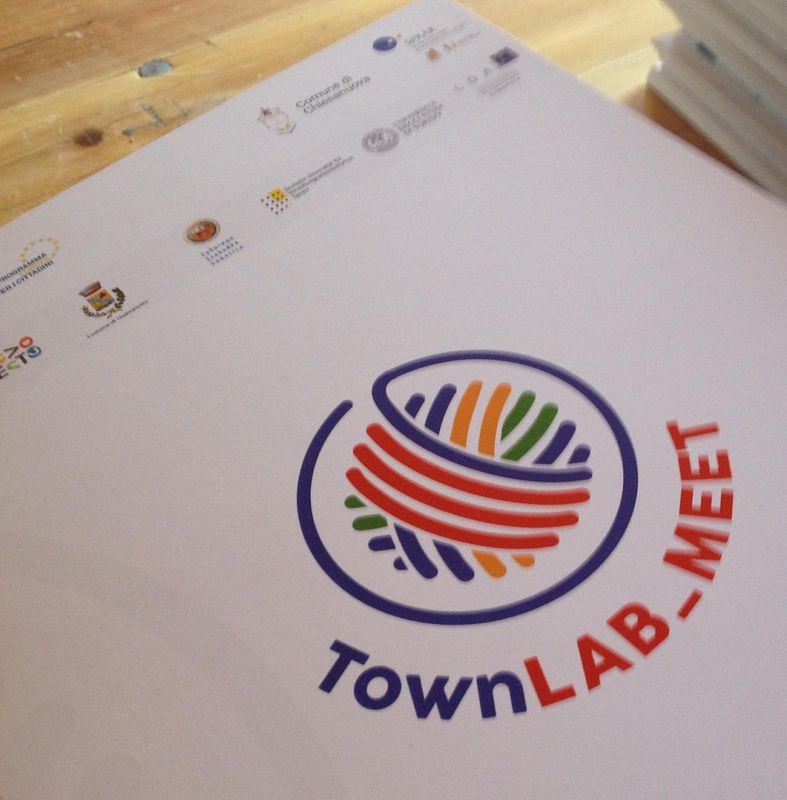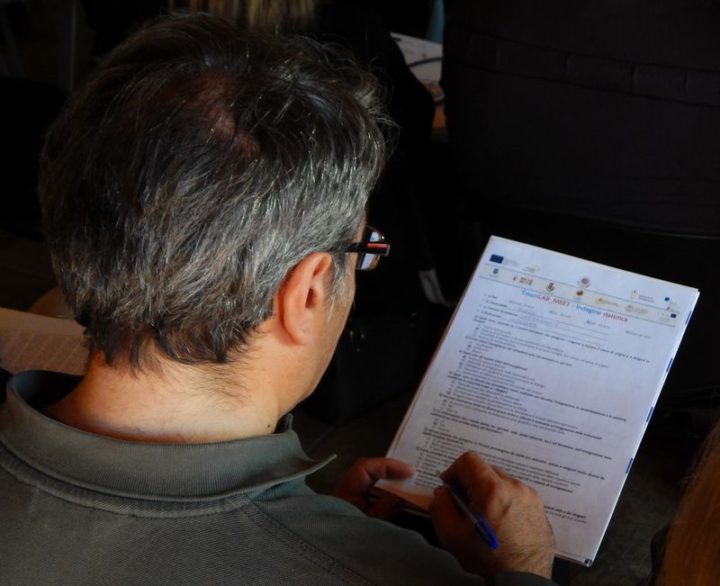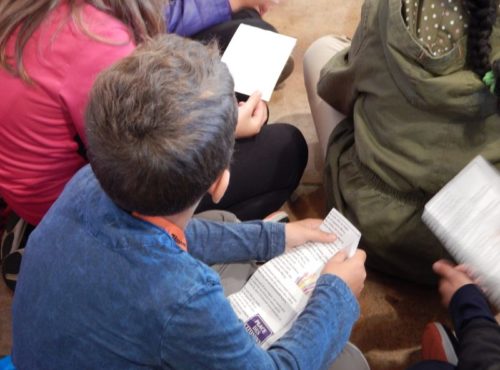Reception and Solidarity

GOOD PRACTICES
- Improving the organisation and management of the two most critical phases (arrival/first reception) by giving priority not only to assistance and accommodation processes, but also to a support aimed at intercepting needs, expectations and requirements
- Promoting and enhancing of models of widespread reception on national and transnational level, by replicating the collaboration between networks of European cities
VOLUNTEERING
- Comparison of different approaches applied by European countries, with evaluating the effectiveness of some useful tools for encouraging and facilitating voluntary activities (e.g. reimbursement of expenses)
- Educating citizens about the importance of participating in solidarity initiatives in the field of reception of disadvantaged people from other countries
- Enhancing the support from non-governmental organisations and civil society (e.g. “pro loco” associations) in solidarity and voluntary actions
AWARENESS-RAISING AND INFORMATION
Struggling against misinformation and media campaigns that fuel racism and xenophobia, in order to avoid the spread of fears reverted against the presence of asylum seekers and refugees. In fact, there are some propaganda movements praising construction of walls and closing of borders, which must be counterbalanced by cooperation between local authorities and national governments
SOCIO-ECONOMIC DYNAMICS
Reception as an opportunity for avoiding the accentuation of critical dynamics at the demographic level (ageing of population), as well as on socio-economic level (depopulation of small villages, especially those in mountain areas) and for improvement of processes at the employment level (integration of the workforce into the most critical sectors lacking the working force)



